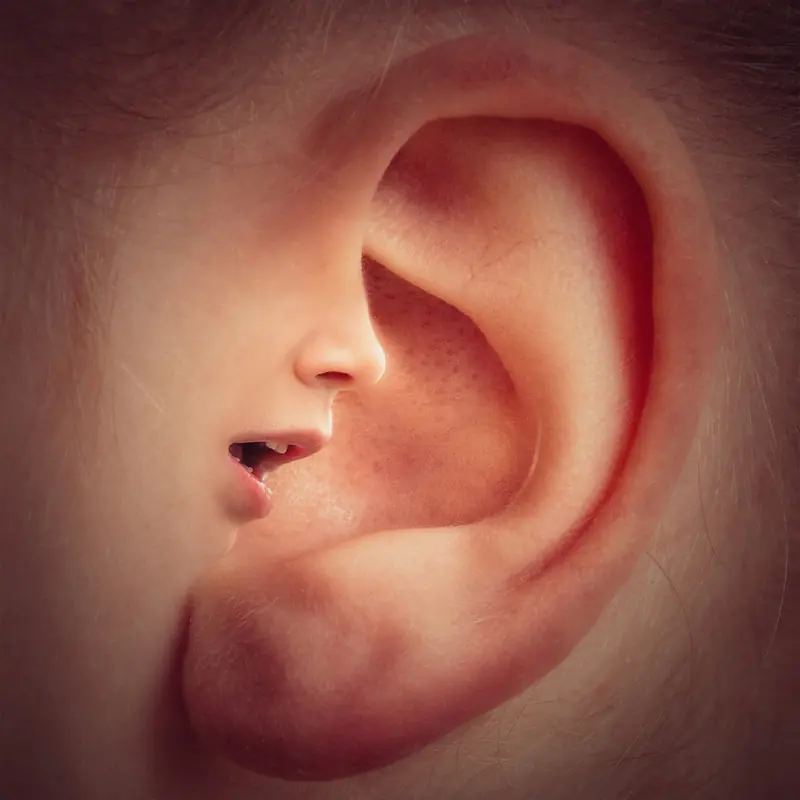
Women often complain that men don’t listen to them. An international team of researchers from the UK, France, and Ecuador has confirmed that this is indeed the case, but there may be some justification for the male gender. The issue isn’t so much about inattentiveness as it is about a physiological characteristic of men.
A new study has shown that men have worse hearing than women. So, can we forgive a man for ignoring his partner’s request to wash the dishes or take out the trash? That’s for each woman to decide for herself.
What Did the Researchers Discover?
It has long been known that people generally hear better with their right ear than their left, and that hearing typically declines with age. Now, scientists have found that gender affects hearing even more significantly than age, according to the Daily Mail.
The researchers tested the hearing of 450 individuals from 13 populations around the world, including Ecuador, England, Gabon, South Africa, and Uzbekistan. The team studied how the cochlea transmits signals to the brain in response to sounds of varying amplitude and frequency.
The analysis revealed that women, across all studied groups, have an average hearing sensitivity that is two decibels sharper than that of men. While this is generally considered a barely noticeable difference in volume levels, it is significant for human hearing.
Professor Turi King, a co-author of the study from the University of Bath (UK), stated, “We were surprised to find that women’s hearing is two decibels more sensitive across all the populations we studied, and this explains a lot.”
This difference may be attributed to varying hormonal influences during prenatal development, as well as slight structural differences in the anatomy of the cochlea between women and men.
“In addition to greater hearing sensitivity, women also perform better on other hearing and speech perception tests, indicating that their brains are also more adept at processing information,” the scientist explained.
“Considering the detrimental effects of noise on overall health, such as sleep quality and the rise of cardiovascular diseases, having more sensitive hearing in a noisy environment isn’t always beneficial,” she noted.
The team also found that the environment is the second most significant factor (after gender) affecting hearing. The sharpest hearing was observed in populations living in forested areas, while the poorest hearing was found among those living at high altitudes.
The researchers suggested that residents of forested areas have adapted to environments filled with “non-human” sounds, where vigilance is crucial for survival. Their good hearing may also be linked to lower levels of environmental pollution.
Meanwhile, those living at high altitudes, who tend to hear worse, are affected by factors such as lower atmospheric pressure, potential reductions in noise levels at high altitudes, and physiological adaptations to lower oxygen levels.
The team also compared hearing sensitivity between urban and rural populations. It turned out that city dwellers are better at picking up high-frequency sounds, while rural residents are less adept at this. The scientists speculated that this trait in urban residents may have developed due to the constant need to filter out low-frequency noise from traffic.
Dr. Patricia Balaresc from the Center for Biodiversity and Environmental Research in Toulouse (France), who led the study, remarked, “Our findings highlight the need to consider both biological and ecological factors when studying hearing.”
The results of the study were published in the journal Scientific Reports.
